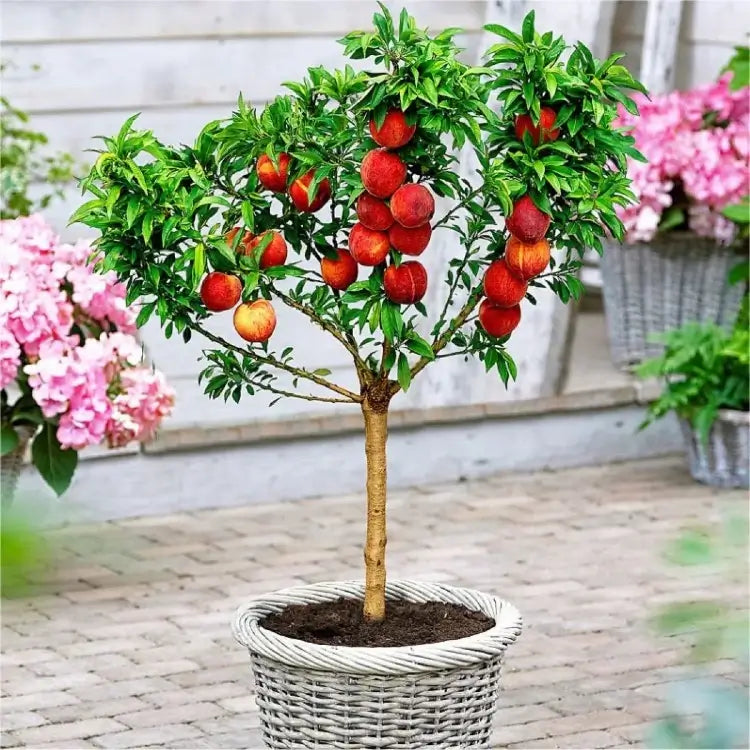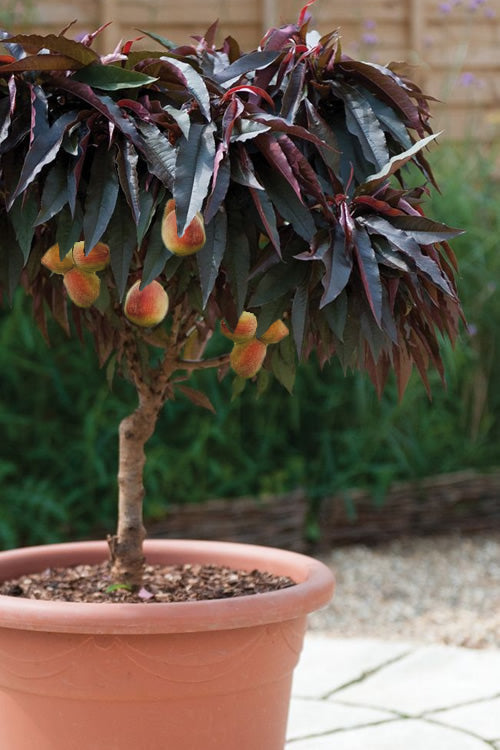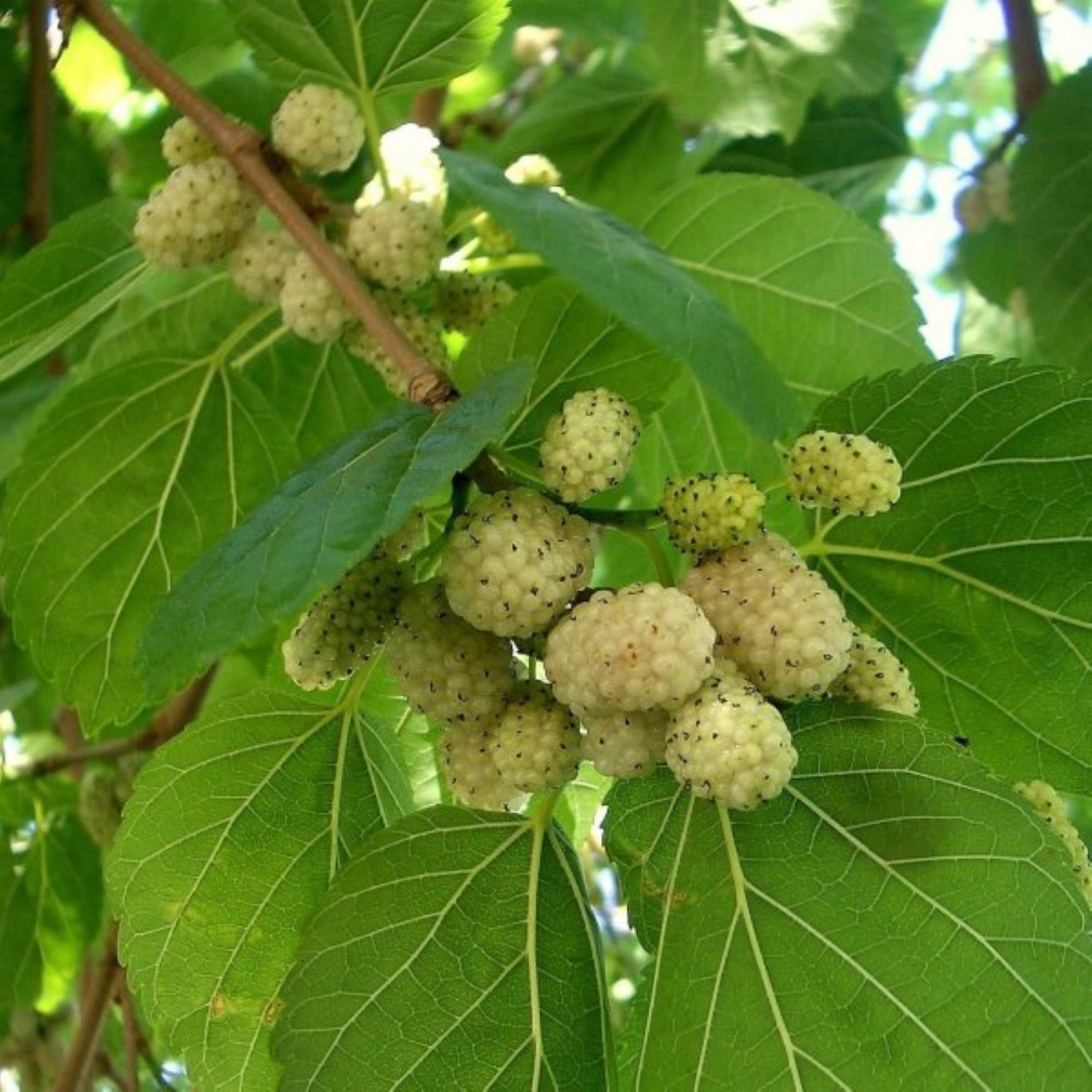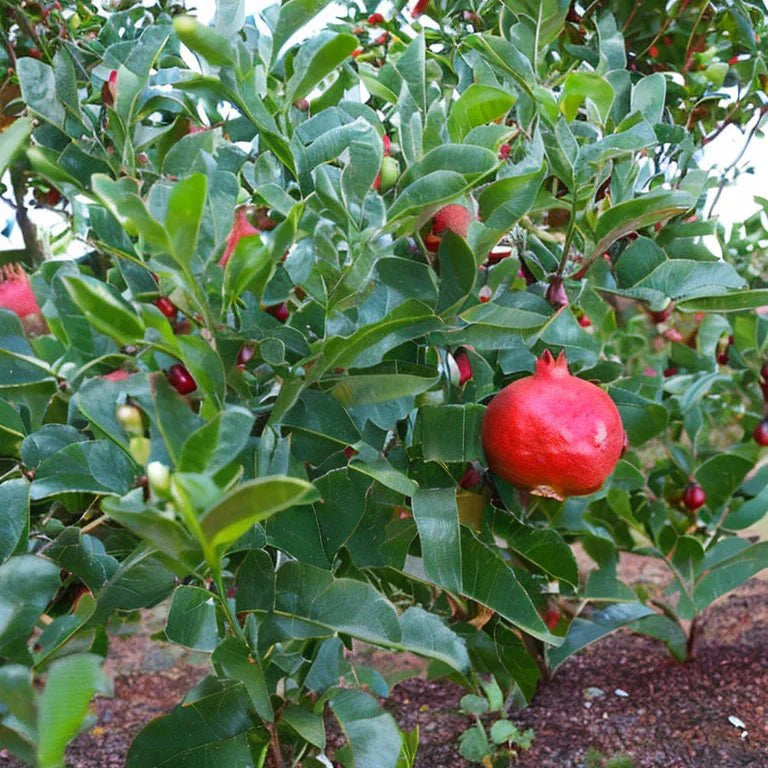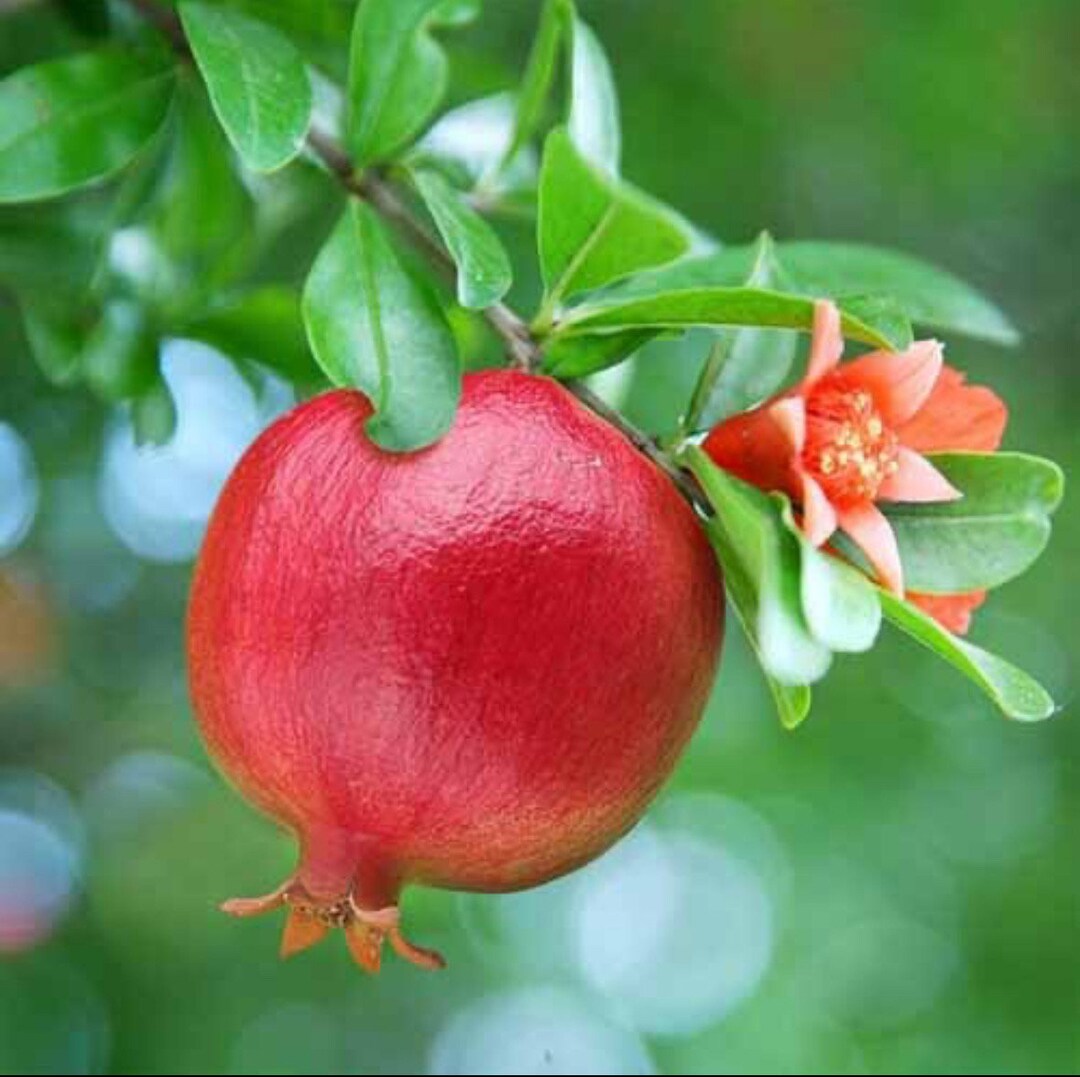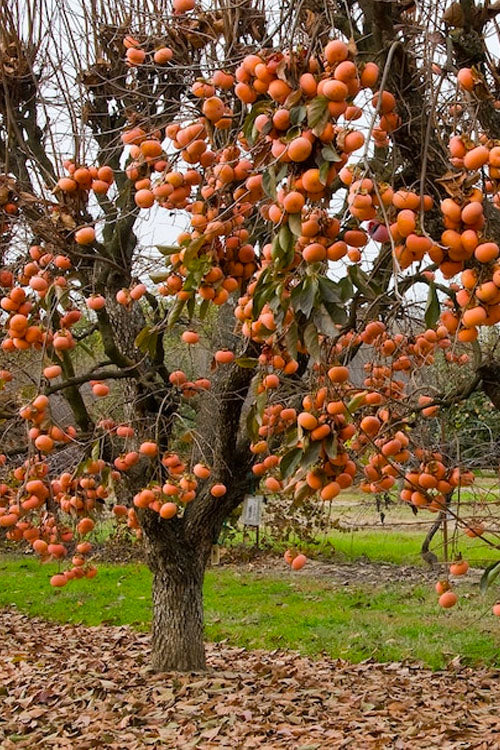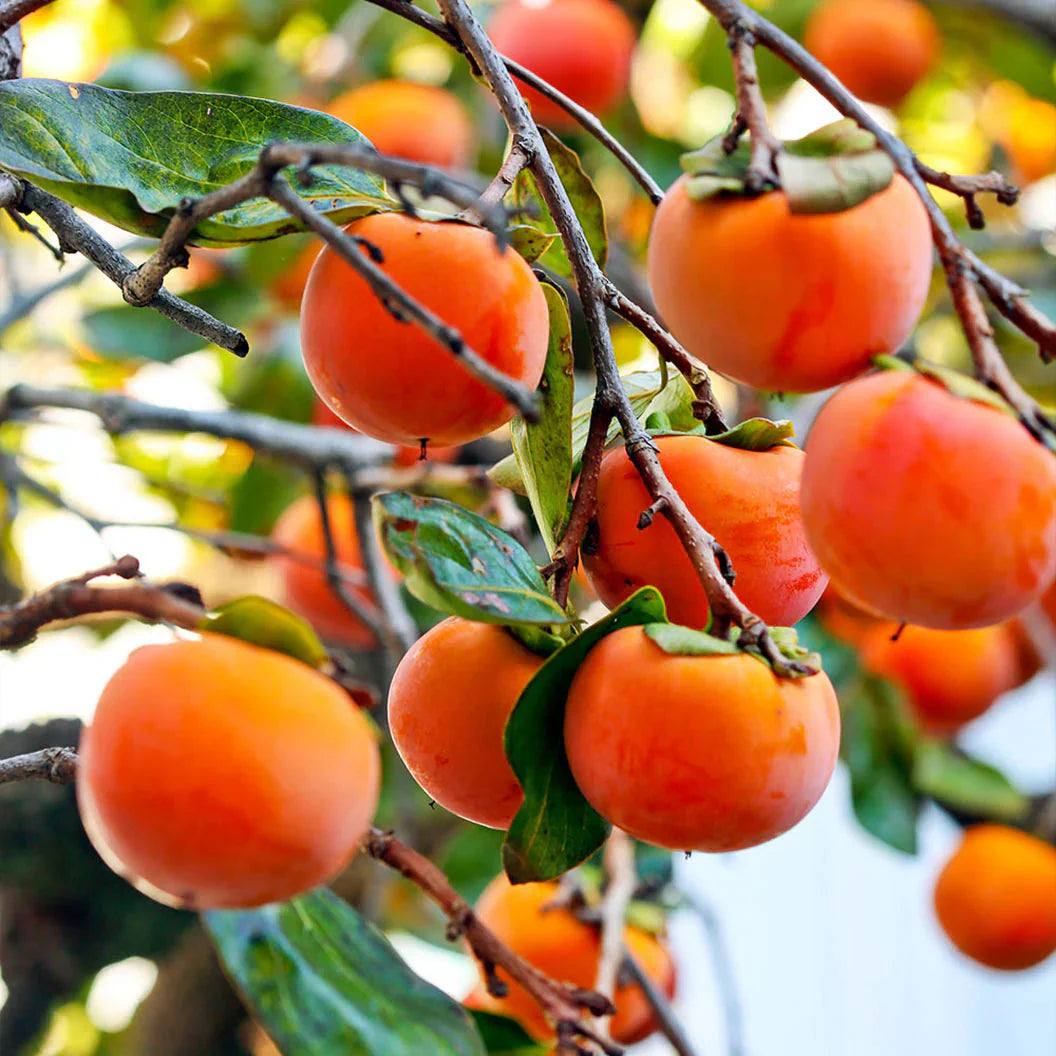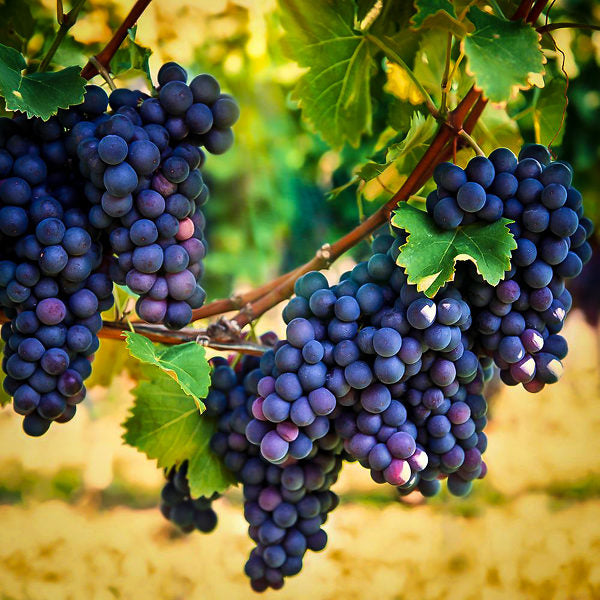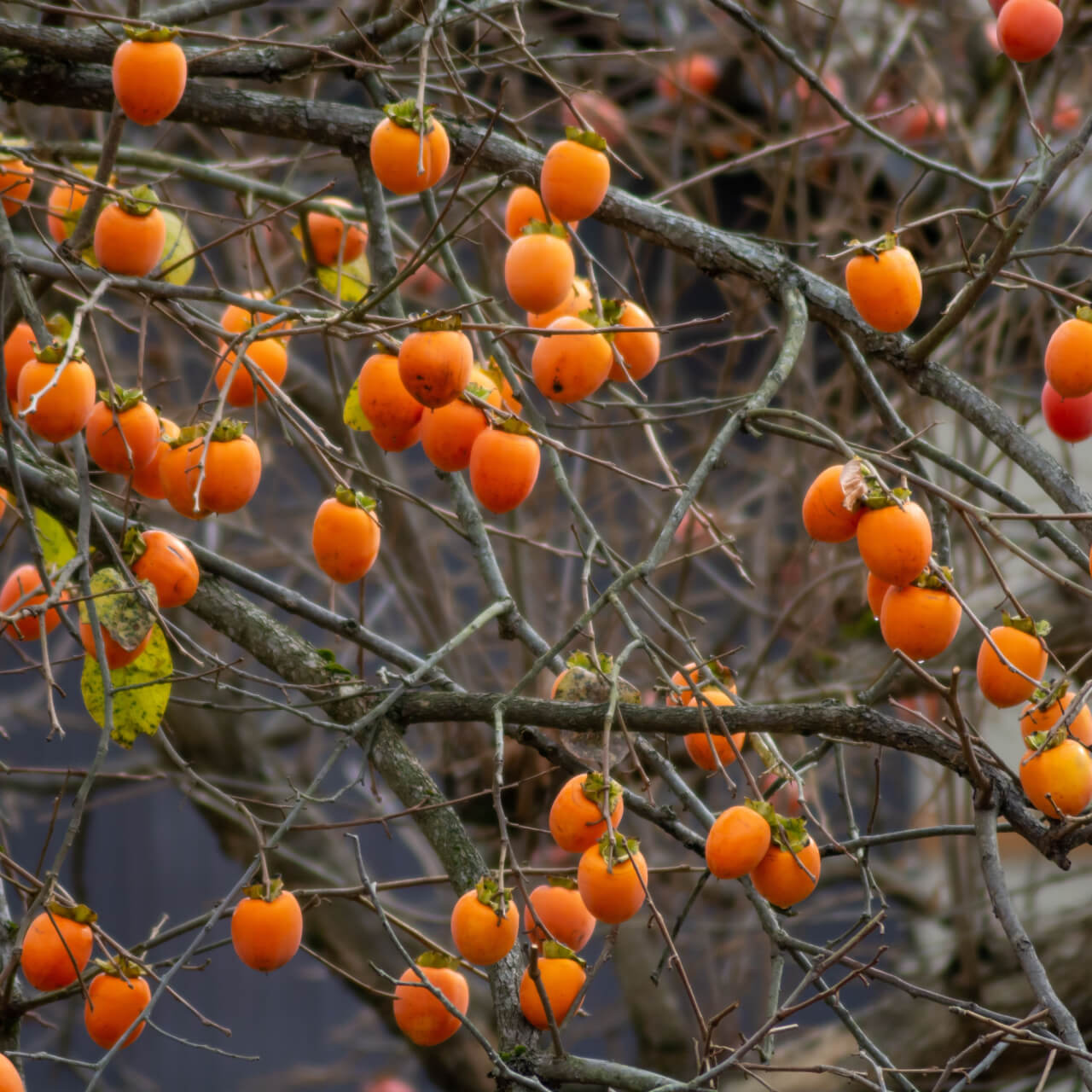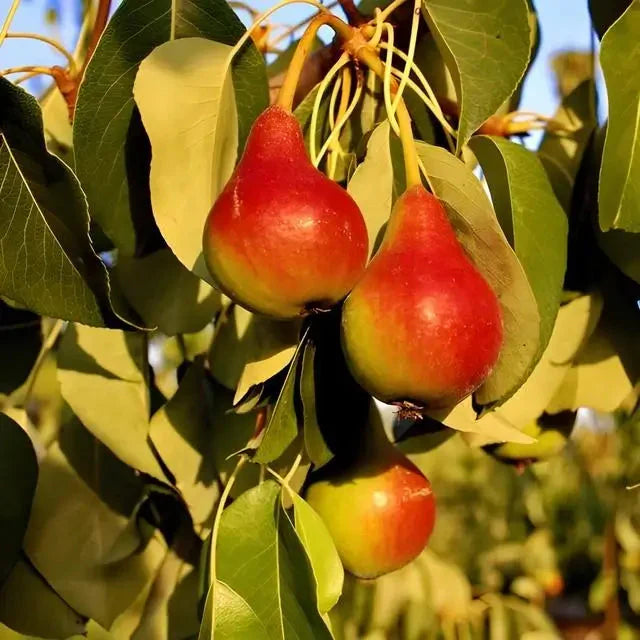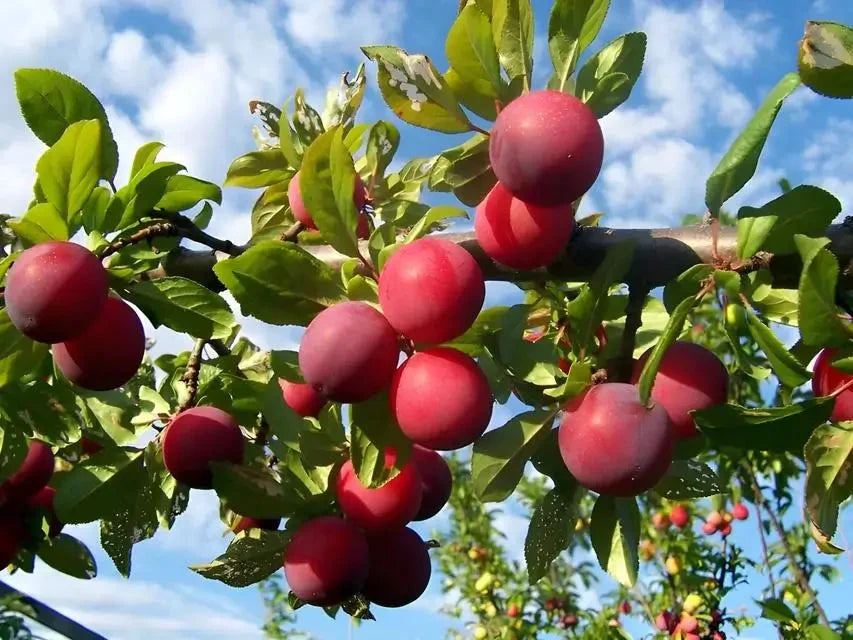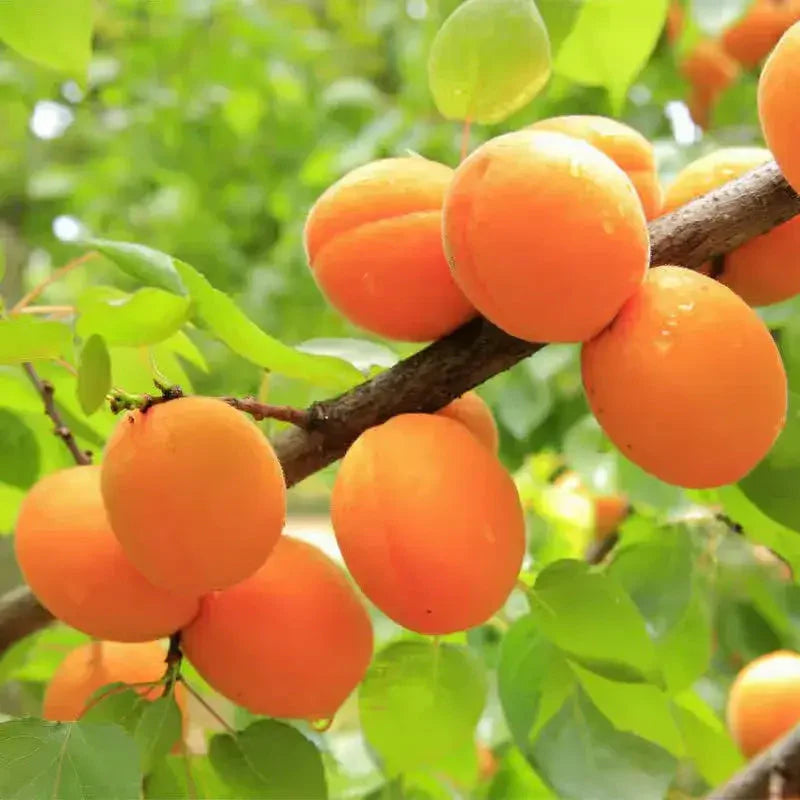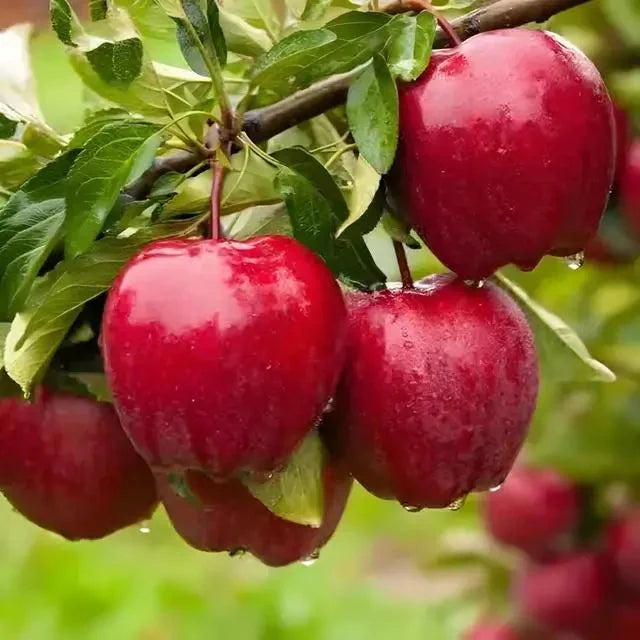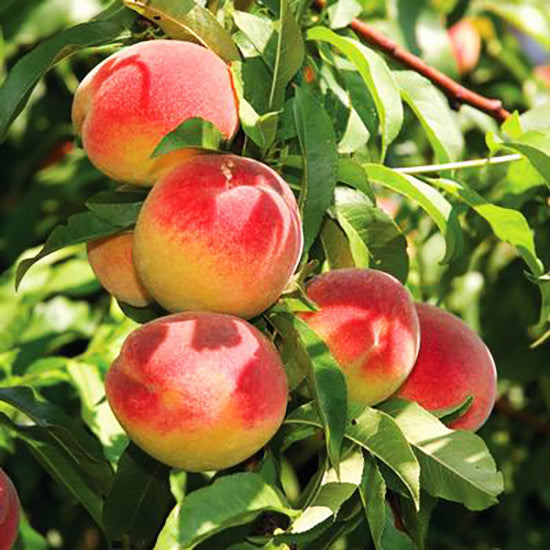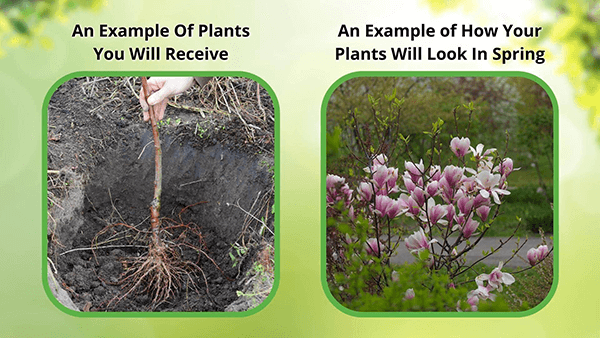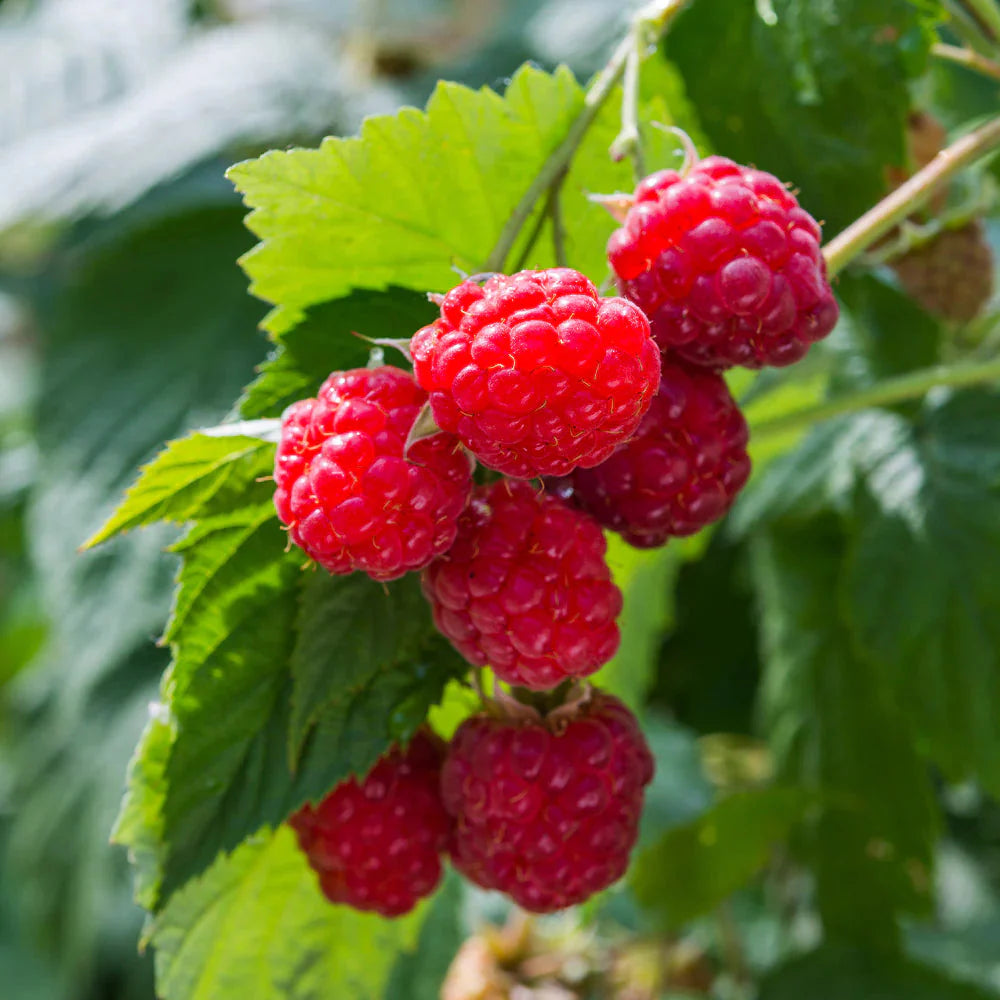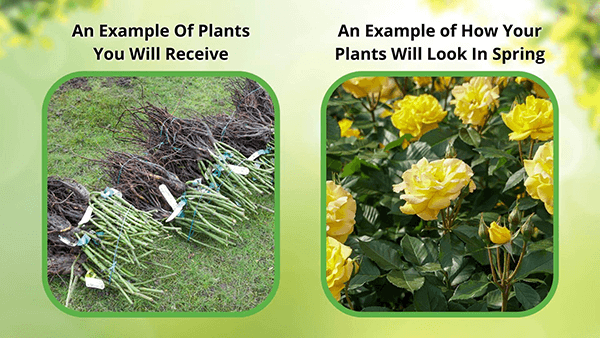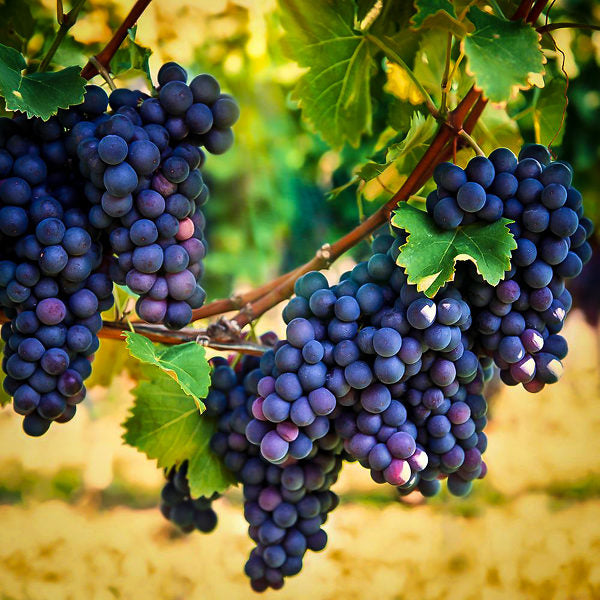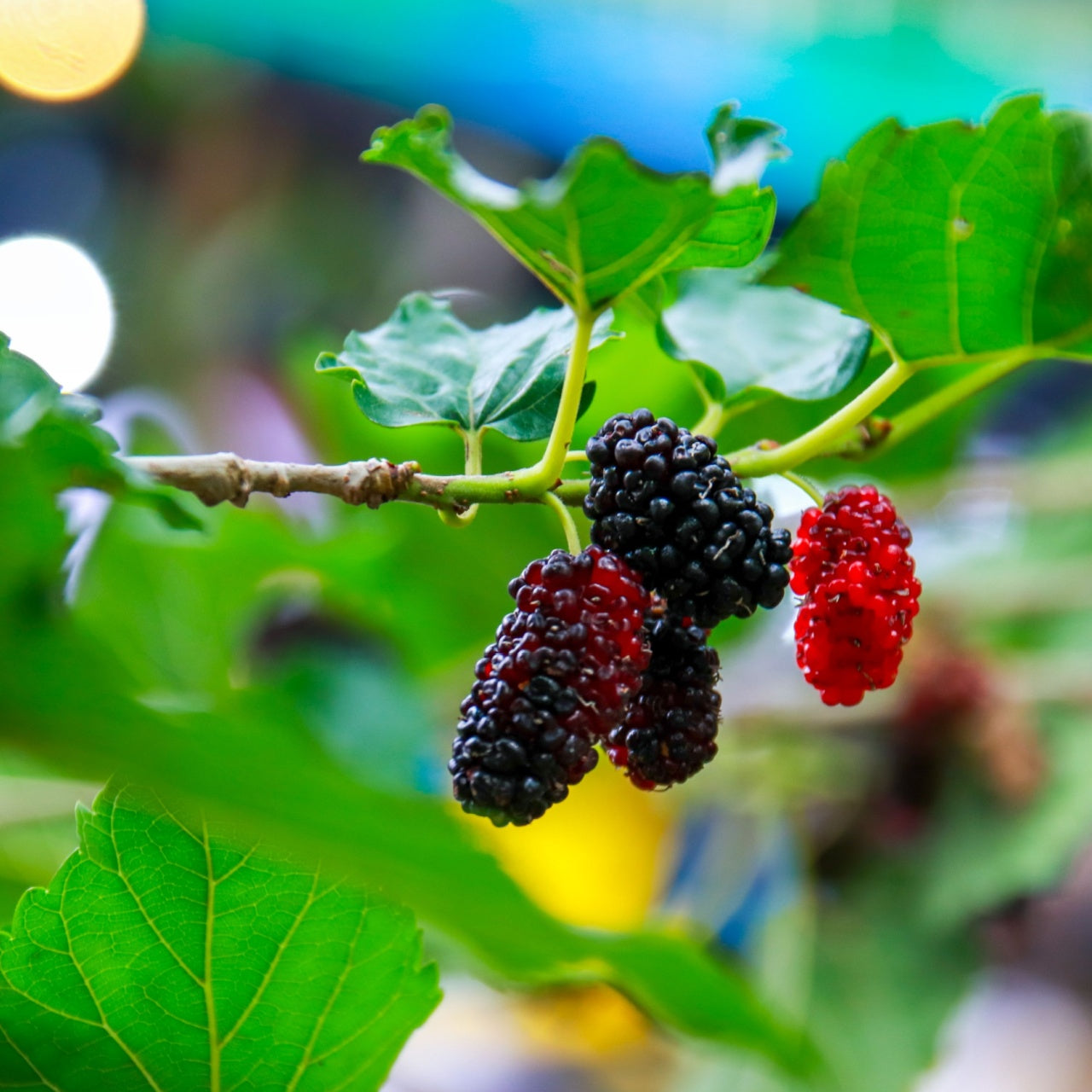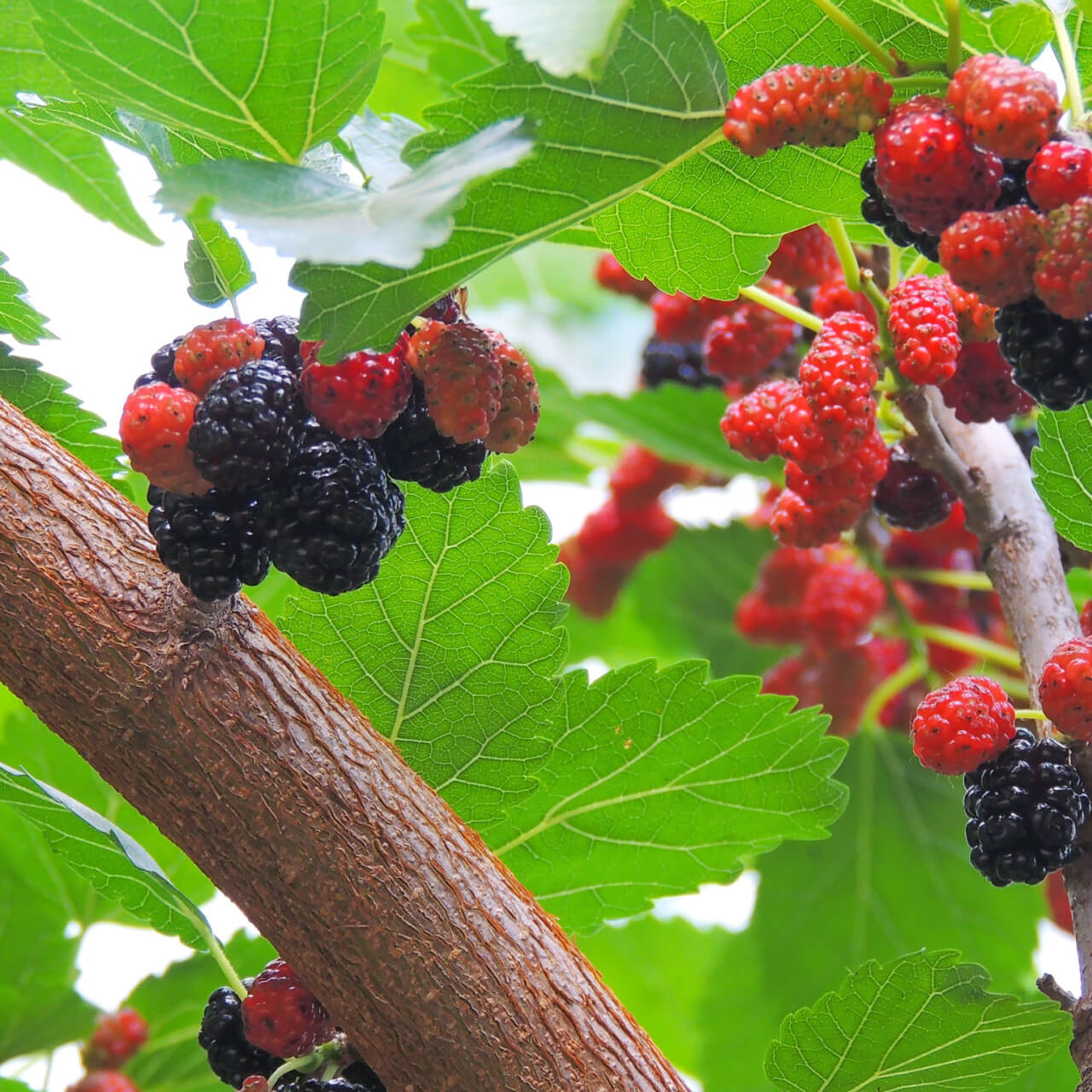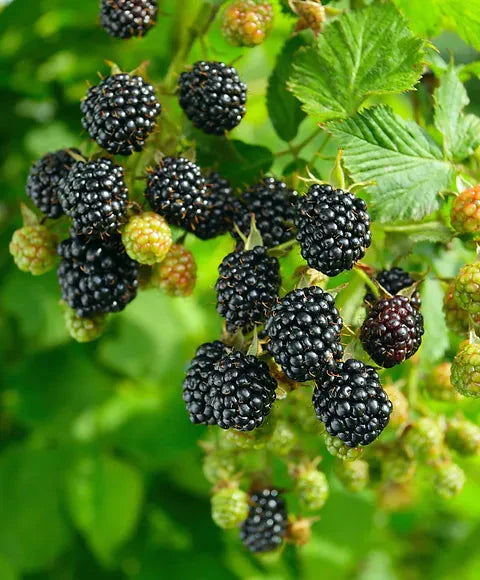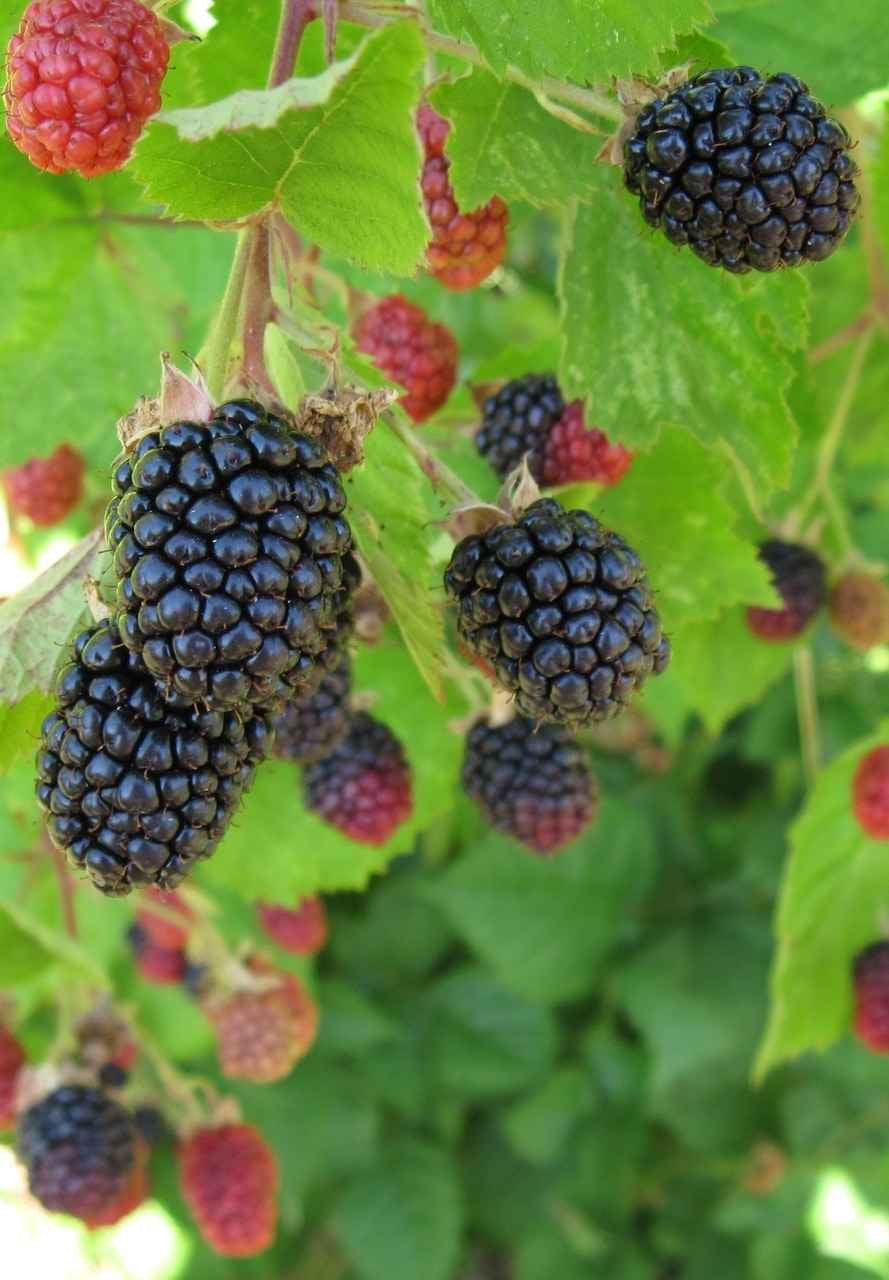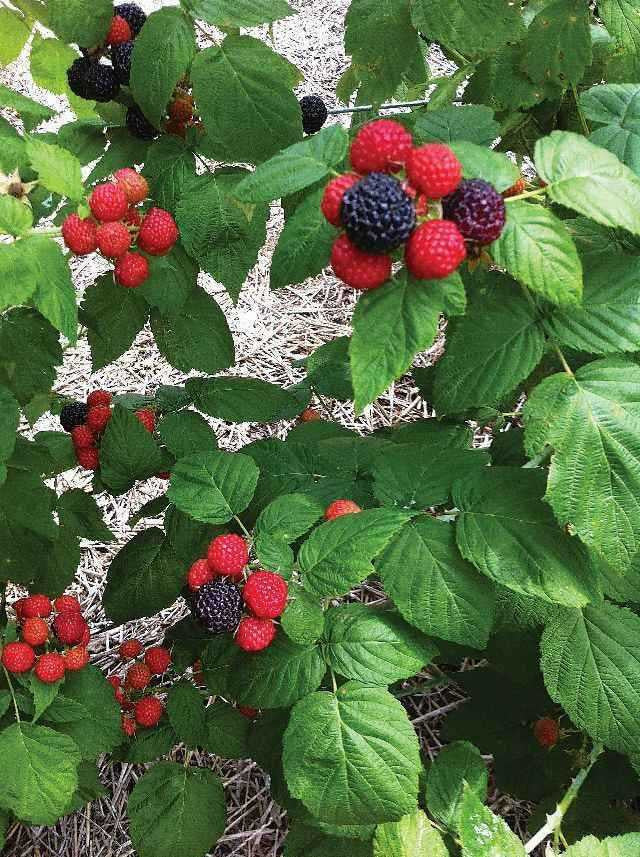Filters
Planting Fruit Berry Plants Can Improve Health
Growing and maintaining fruit trees requires physical activity, such as digging, pruning, and harvesting. Regular physical activity is essential for maintaining overall health and reducing the risk of chronic diseases like obesity, diabetes, and heart disease.
Stress Reduction: Gardening and being outdoors have been shown to reduce stress and promote relaxation. Nurturing plants and seeing them grow can be rewarding and provide a sense of accomplishment and satisfaction.
Fruit berry plants are plants that produce edible fruit
- Apple trees: Apple trees are deciduous trees that produce a round produce with a stem and seeds in the center.
- Strawberry plants: Strawberry plants are low-growing perennials that produce small, sweet berries.
- Blueberry bushes: Blueberry bushes are shrubs that produce small, sweet berries with antioxidants.
- Raspberry bushes: Raspberry bushes are thorny shrubs that produce sweet, juicy berries.
- Grape vines: Grape vines are climbing plants that produce sweet or sour berry clusters.
- Peach trees: Peach trees are deciduous trees that produce fuzzy-skinned food with a large pit in the center.
- Cherry trees: Cherry trees are deciduous trees that produce small, round food with hard seeds.
- Blackberry bushes: Blackberry bushes are thorny shrubs that produce juicy, dark berries.
- Plum trees are deciduous trees that produce round, juicy food with a hard seed.
- Kiwi vines: Kiwi vines are climbing plants that produce fuzzy, egg-shaped food with edible seeds inside.
-
Fresh, Nutritious Produce: When you grow your trees, you can access fresh and nutrient-rich produce. Unlike fruits purchased from stores, which may be transported long distances and sit in storage for some time, homegrown produce is often picked when ripe, ensuring maximum nutritional value.


